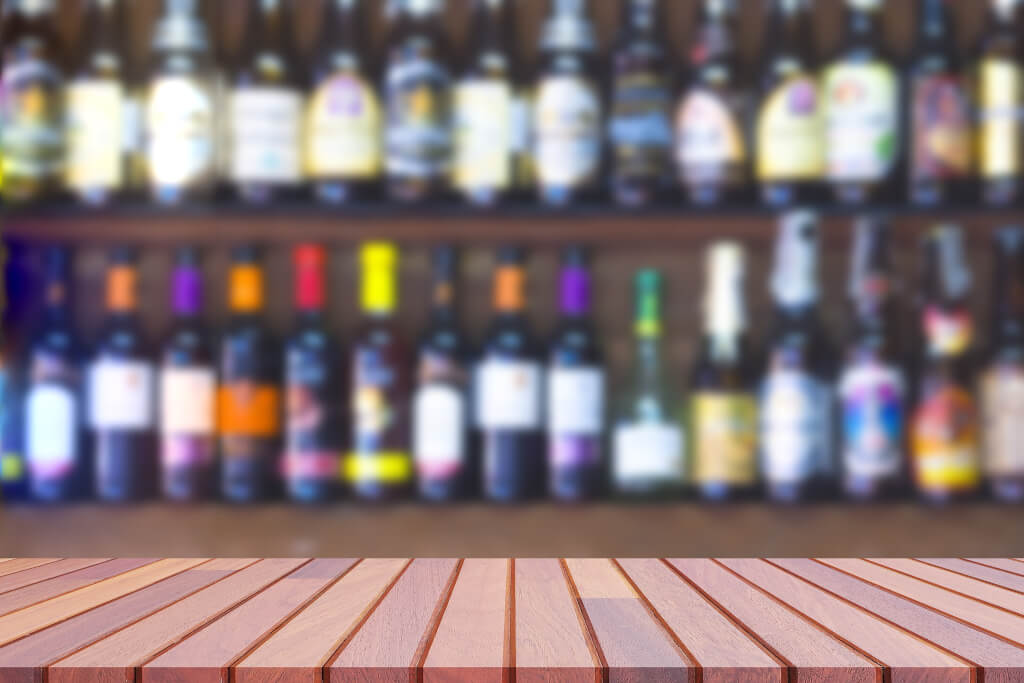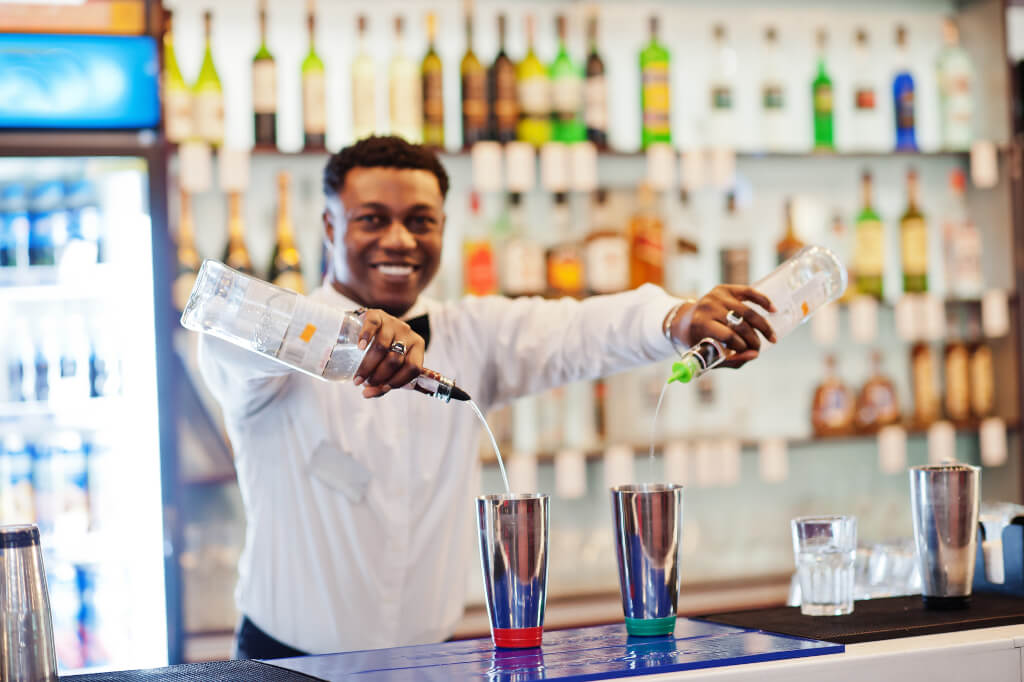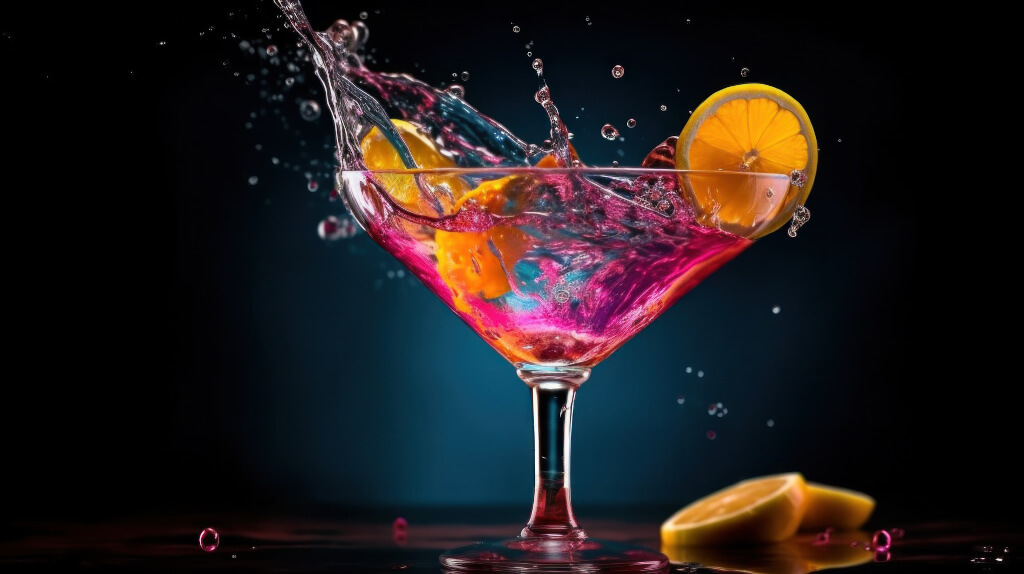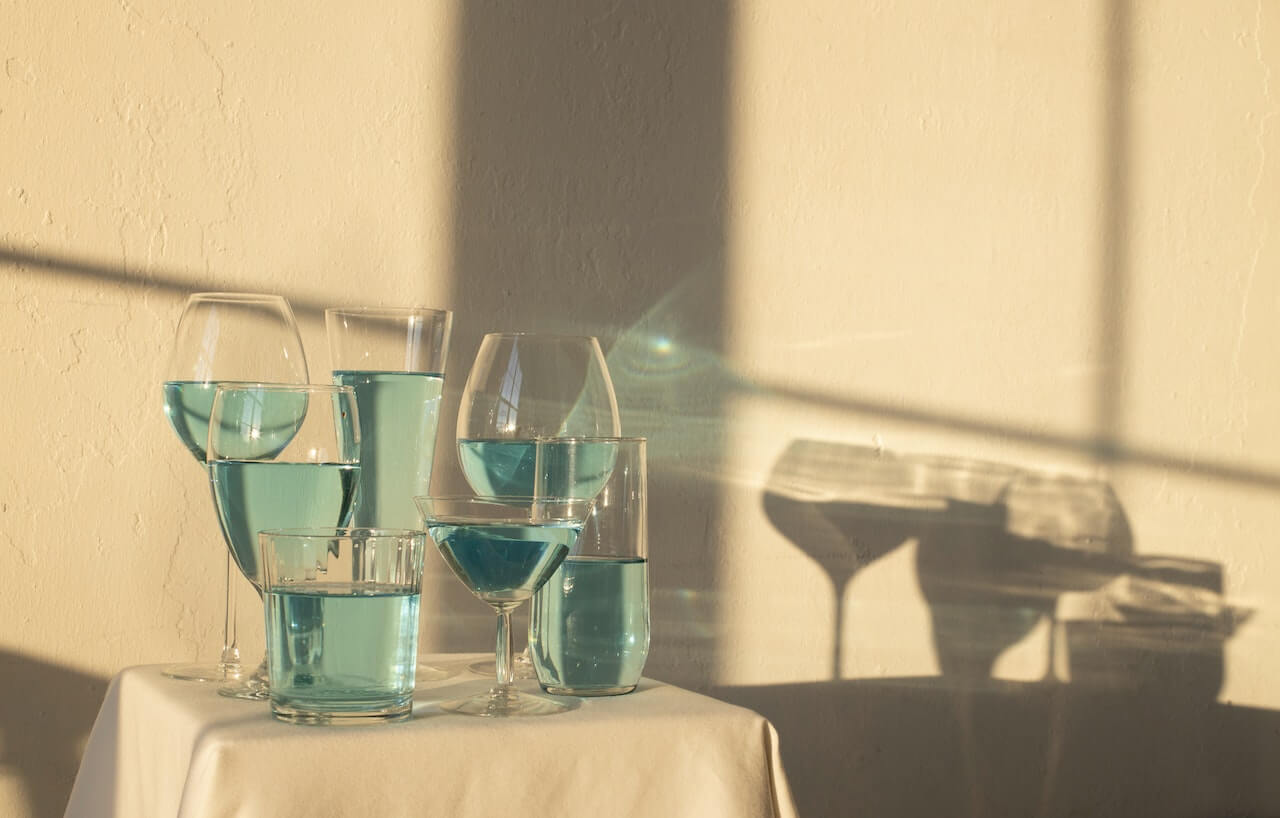Liquor is a diverse universe unto itself, with a wide variety of tastes, cultural roots, and cultural influences. However, taste alone isn’t enough to get the most out of these complex liquors. Knowledge of their history, individual qualities, and—most importantly—how to keep them in good condition throughout time. Liquor, like a valuable work of art, needs special storage to keep its quality and character throughout time. The ideal flavour and longevity of your precious spirits depend on your ability to store and preserve them properly, and this article provides a complete guide to doing just that.
How Long Does Alcohol Last? Can You Keep Spirits Forever?
One common concern is whether or not liquors have a shelf life. The answer is nuanced and depends heavily on the specific liquors being considered, their characteristics, and the storage environment. We’ll take a look at the possible range of aging times for spirits ranging from whiskies and rums to gins and vodkas. Next, we’ll dive into how your liquor cabinet affects its shelf life. With this information in hand, you’ll be able to extend the life of your spirits collection and get the most out of every bottle.
The Science of Alcohol Storage
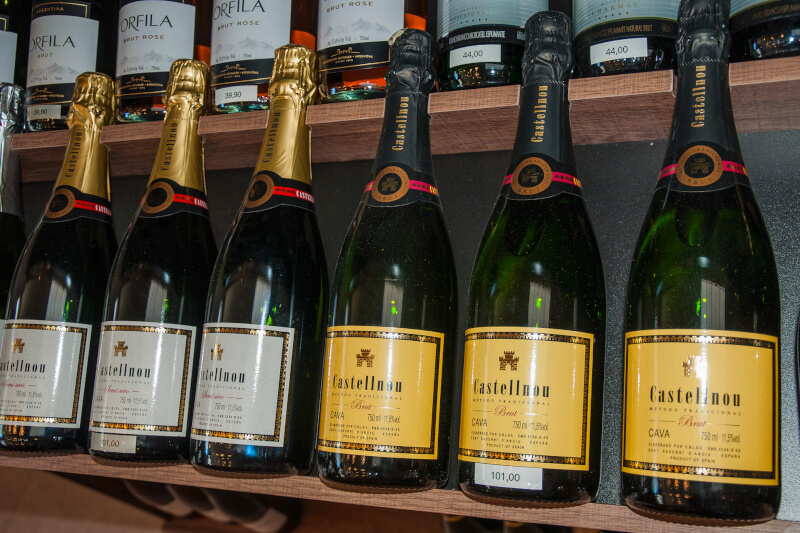
It is essential to have a firm grasp of the science behind the practice. This information can be used as a map to help you avoid compromising the quality of your booze.
The Effects of Oxidation on Alcoholic Beverages
When alcohol is exposed to oxygen, a chemical reaction known as oxidation takes place. The spirit’s flavour profile may undergo subtle changes during this procedure, becoming flatter and less distinct as a result. While oxidation can improve the taste of select wines, it usually hurts spirits. The high alcohol level in spirits can speed up oxidation, therefore it’s important to make sure the bottles are tightly sealed.
Preservative Effects of Alcohol Volume
The percentage of alcohol in a drink is a major factor in how long it will last. whiskey, rum, and vodka, which typically have an alcohol by volume (ABV) of around 40%, have a longer shelf life because they are less likely to go bad. When kept in the right conditions, they have the ability to last for decades. Low-proof (typically around 15% ABV) spirits and liqueurs, especially those with additional sugars or dairy, have a substantially shorter shelf life and should be drunk fast.
Light and Temperature
Light and temperature also play a role in deterioration, similar to air and alcohol content. Light, especially direct sunshine, can fade the colour and flavour of alcohol over time. The expansion and contraction brought on by changes in temperature might also damage the spirit or cause it to leak. Liquor is best kept in a cold, dark environment at a constant temperature.
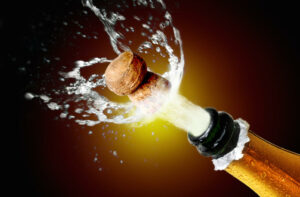
Creating an Atmosphere Fit for Joyous Occasions The effervescent burst of bubbles, the clinking of…
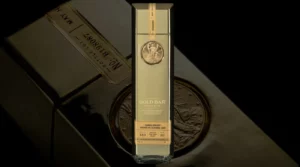
Recently, I received an unexpected invitation to the Gold Rush as a VIP—or as they called…
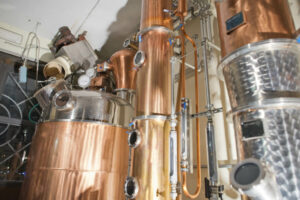
Liquor tourism has developed into its distinct niche in recent years, attracting visitors from all…

Ancient Cultures’ Use of Alcohol The First Records of Alcoholic Beverages and the Cultural Impact…
Now that we’ve covered the basics of alcohol preservation science, we can go into safe storage procedures. When stored properly, the flavour and quality of your spirits will be preserved for as long as feasible.
The Optimal Temperature and Humidity for Storage
Most alcoholic beverages benefit from being kept at a temperature of 59 to 68 degrees Fahrenheit (about 15 to 20 degrees Celsius). Also, it’s important to keep the temperature steady, as drastic swings can be taxing on the soul. Liquor should be kept in a dark place, ideally without any windows or exposure to sunlight. Damage to labels and possible cork deterioration due to excessive humidity should be avoided.
Understanding Horizontal VS. Vertical Storage
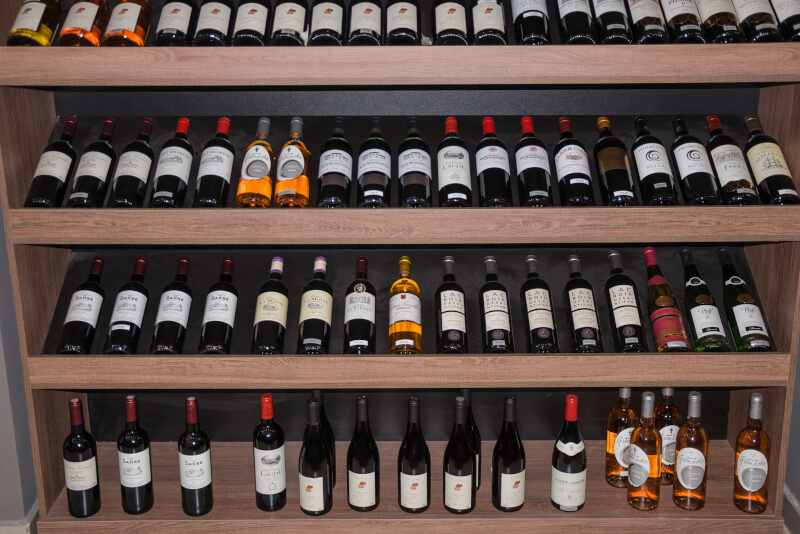
Spirits, in contrast to wine, which should be stored horizontally so that the cork stays moist, are best kept vertically. This keeps the high-alcohol spirit from touching the cork, which can cause the cork to degrade and alter the flavour of the liquor over time.
The Importance of Factory-Sealed Packaging
A spirit can be further shielded from the light by using the original container, such as a tube or box. Bottles should be stored in their original container if possible.
Reasons to Stay Out of the Sun
As was previously noted, your liquor’s colour and flavour may suffer if exposed to direct sunlight. Bottles should be kept out of direct sunlight and away from windows.
Techniques for Resealing an Already-Opened Container
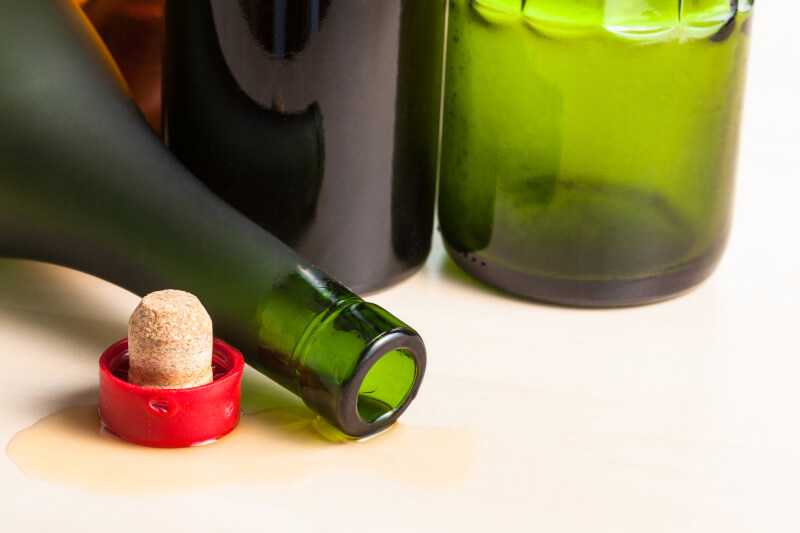
It is important to always reseal an unsealed bottle to prevent it from being exposed to air. Transfer the remaining liquor to a smaller bottle to decrease the air-to-liquid ratio for bottles that won’t be drunk soon. You can also delay oxidation by using Hoover stoppers or preservation sprays.
Distinct Requirements for Each Type of Alcohol
Even though there is a universal set of guidelines for storing booze, various liquors have different characteristics that must be taken into account. Let’s look into the subtleties between distinct liquors.
Scotch, Bourbon, and Whiskey
The high alcohol content of whiskey, scotch, and bourbon makes them suitable for ageing. Therefore, keep these liqueurs in a cool, dark place with the bottle standing vertically. Turning the bottle upside down from time to time will help keep the cork moist, but you shouldn’t leave it like that for long.
Vodka
Vodka, unlike other distilled spirits, can be kept unopened for an extremely long time. Ideally, it should be consumed within a year of being opened. Vodka, contrary to popular perception, need not be refrigerated but is often served chilly.
Rum
The longevity of rum varies from brand to brand. Lighter rum should be drunk more quickly, whereas darker rum can be stored for years. Rum, like the rest of the spirit family, is best stored upright in a cool, dark place.
Tequila
When stored properly, tequila has a long shelf life. After opening, however, it should be consumed within a year or two at the most. Some believe that the higher grade, 100% agave tequila has a longer shelf life.
Gin
Gin’s high alcohol concentration means it won’t go bad if the bottle is left unopened for a long time. If you do open a bottle, try to drink it all within a year.
Brandy and Cognac
Like their contemporaries, these liqueurs benefit from being stored upright, far from sources of heat and light. You should consume it within a year or two of opening.
Liqueurs
Liqueurs’ complex nature stems from their wide range of ingredients. Dairy, cream, and low-proof alcoholic beverages necessitate rapid consumption or refrigeration. Some wines have a longer shelf life, although most are best consumed within a year of opening.
Misconceptions About Storing Spirits

Some myths about alcohol preservation persist despite the availability of scientific data dispelling them. Let’s set the record straight about a few of these myths.
Should All Liquor Be Refrigerated or Is That Excessive?
While chilling is recommended for some low-alcohol or cream-based spirits, it is not necessary for most high-proof spirits. Liquor is safe to drink at cold temperatures, but the flavour may be diminished. Chilled liquor can be achieved by placing individual servings in the fridge or by adding ice.
Dispelling the “The Older, the Better” Myth for Already-Opened Bottles
Once a spirit bottle has been opened, it will not mature gracefully like a bottle of wine. They don’t go bad in the conventional sense, but if they aren’t stored correctly, they might lose quality and taste with time.
Does Alcohol Lose Flavour Over Time? True or False?
Sadly, this is true. Since oxidation happens after the bottle is opened, alcohol does lose flavour over time. When stored correctly and used quickly, these alterations are frequently minimised.
How to Maintain the Flavour and Quality of Your Alcoholic Beverages
The relationship between how you store your spirits and how they end up tasting is at the heart of this detailed guide to keeping your spirits fresh. Let’s look at the measurable effects of this connection using actual cases and knowledgeable opinions.
Real-World Flavour Losses Caused by Improper Storage
Think of a bottle of expensive whiskey that you kept in a cabinet next to the oven. whiskey that has been exposed to high temperatures for an extended period often loses its distinctive flavour. A similar cork-tainted flavour can develop in high-quality gin that has been stored horizontally. These illustrations show how important proper storage is for keeping your alcoholic beverages at their peak flavour and freshness.
Gain Insider Knowledge
You can learn more about the significance of proper spirits storage by consulting with professionals in the field. James Tidwell, a world-renowned sommelier, has said, “Proper storage ensures that the liquor maintains its intended flavour profile and complexity as envisioned by the distiller.” It’s a shame to see a wonderful spirit wasted due to inadequate storage,” agrees Nicole Austin, master distiller at Cascade Hollow Distilling Co. Storing your booze the right way shows appreciation for the work that went into making it.
How to Build the Perfect Cabinet for Your Home Bar
Now that you understand the fundamentals of spirits storage, you can design the perfect setup for your home bar.
Maximising storage space is essential whether you have a large bar or a small shelf, so here are some tips and tricks to help you out. You might install shelves on the wall for extra space, or you could use a mobile bar cart. Shelving that can be adjusted to accommodate bottles of varying heights is a must, and a compact cabinet or drawer is ideal for storing bar accessories.
Suggestions for Lighting and Climate Control
A constant, cool temperature and low light are essential for storing spirits, as was mentioned earlier. These are typically found in basements or interior closets. If that isn’t possible, then maybe you could put up some drapes to keep the light out of the storage space, or a tiny bar fridge.
Tips for Creating Eye-Catching and Functional Wine Racks
There’s more to your home bar than just a place to stock drinks. Create an attractive, well-organized display by arranging bottles together according to spirit kind or geographic origin. Making it simple for visitors to examine your collection can be done with the help of a small chalkboard or labels. Keep in mind that the preservation guidelines stated in this book should take precedence over aesthetic considerations.
Learning and following the rules for storing and preserving alcoholic beverages is useful for more than just extending their shelf life. It’s a way to show appreciation for the work that went into making these unique and complicated drinks and get the most out of them. We’ve seen how important it is to maintain the integrity of your liquors by paying attention to things like temperature, light, orientation, and sealing methods. We also covered common misconceptions, the unique storage needs of various spirits, and how to go about designing your ideal home bar.
Why It’s So Crucial to Keep Alcohol in the Right Conditions
In conclusion, the flavour and quality of your spirits can be greatly improved via careful storage and preservation. The contents of a bottle are in a precarious balance from the minute it is sealed at the distillery, and this equilibrium can be preserved if the proper science is understood and proper storage conditions are provided. If you take proper care of your favourite liquors, they will age exactly like excellent wine. This ancient adage has to be rethought in the realm of spirits.
Put Your Newfound Understanding to Use
We hope you’ll put this newfound understanding of how to properly store and preserve alcoholic beverages to good use. By doing so, you’ll show appreciation for the skill required to produce these libations and guarantee that each taste is just how the distiller intended.

